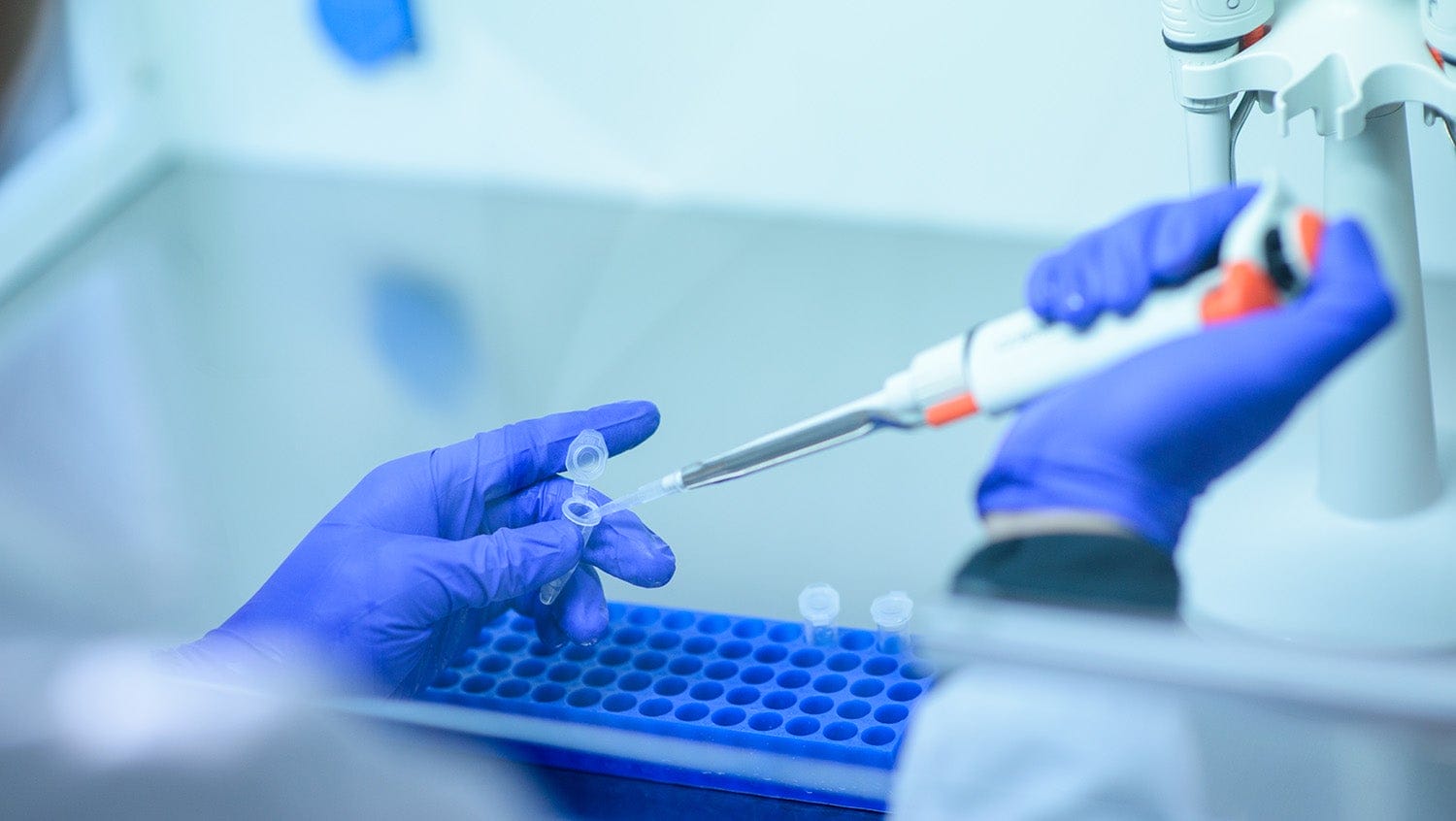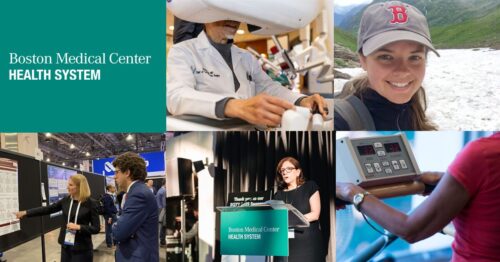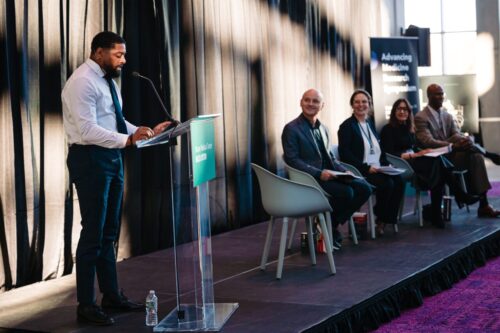
Getty Images
Infectious disease investigator Nahid Bhadelia, MD says its diverse samples offer the potential to “understand what is driving disparities in COVID-19 outcomes and bridge them.”
For global public health experts, it hasn’t been a matter of if a highly contagious pandemic would occur, but when. It is an event that Nahid Bhadelia, MD, former medical director of the Special Pathogens Unit at Boston Medical Center (BMC) and the founding director of the Center for Emerging Infectious Diseases Policy & Research. has been preparing for her entire career. As an infectious disease investigator who has worked on the frontlines of Ebola outbreaks in Sierra Leone and has since been working in Uganda, Bhadelia has learned how critical early laboratory data are to understanding and treating an emerging pathogen. Swift access to patient specimen panels, including plasma, saliva, and nasal swabs, is critical to building an effective response.
“With new infectious diseases, the first 100 patients in the outbreak tell us how to better take care of the next 100 patients,” Bhadelia explains. “One of the things that put us behind schedule for prior outbreaks of emerging pathogens is the fact that we couldn’t quickly access data and access samples to allow us to rapidly develop diagnostics and therapeutics and understand the pathophysiology of the disease.”
Now home in Boston, Bhadelia is co-leading research efforts, along with Jai Marathe, MD, Karen Jacobson, MD, and Nina Lin, MD at BMC’s COVID-19 Biorepository, an archive of human biospecimens from BMC patients hospitalized with SARS-CoV-2 infection that launched in December 2020.
How does the COVID-19 Biorepository help?
Over time through a patient’s hospitalization and recovery, samples are taken and stored in the COVID-19 Biorepository. Those samples are fundamental to research trying to speed up the response to the pandemic and understand its long-term impact on survivors.
The biorepository — which stores inpatient, ambulatory, and survivor samples — is already accelerating BMC and Boston University researchers’ work and helping to secure National Institutes of Health funding to investigate crucial aspects of the virus. The researchers are also working with industry to develop more rapid and effective diagnostics, which is a vital component to stopping the virus’s spread. In addition, the biorepository works in partnership with the Massachusetts Consortium on Pathogen Readiness, a groundbreaking research collaboration among the state’s academic medical centers focused on rapid response to COVID-19.
Since its origin in 2020, the centralized biorepository has resulted in 48,000 samples from more than 10,000 patients, according to a new journal article in the Annals of Internal Medicine. The volume of samples has required researchers to adapt collection and lab logistics to prioritize safety and longevity, balance clinical care with research, and create a fee system for sample use to reduce overall costs.
Researchers hope the biorepository will help illuminate over time something that remains unclear: the virus’s long-term impact on the body and the body’s immunity against re-infection. Bhadelia is the principal investigator of IRECOVER (Immune Response and Medical Complications of COVID Survivors), a natural history study that aims to track the infection’s impact from the point of patient hospitalization through two-year survivorship.
Enabling racial diversity in biomedical research
Minority communities are often left out of biomedical research due to a lack of outreach or lack of participation due to deep-seated mistrust in research practices from systemic racism and discrimination. BMC’s COVID-19 Biorepository is incredibly valuable because of the racial and socioeconomic diversity of its samples: Two-thirds of BMC’s patients hail from Black or Latinx communities, and heavily-impacted patient groups are well represented in the biorepository’s COVID-positive samples.
The strength of the BMC’s diverse archive of samples is its potential to contribute to better health equity, and not just within the hospital’s own system. Researchers suggest in the new journal article that nationwide infrastructure and funding will be necessary to support other hospitals across the country prepare for the next, inevitable pandemic, to best care for underserved communities.
“The fact that we are a hospital that is centered within these communities and that we have built long-term trust with patients has helped us build a biorepository that is representative and unique and provides national insight on a highly-affected population. These specimens come from racially and ethnically diverse populations and also disadvantaged populations, such as people with substance use disorders,” says Bhadelia. “We provide a unique opportunity to help understand what is driving disparities in COVID-19 outcomes and bridge them.”
Editor’s note: This story has been updated from its December 2020 version to include new updates.


